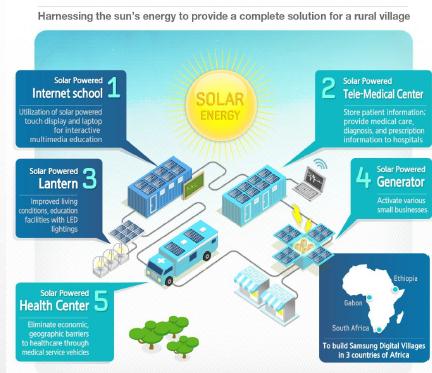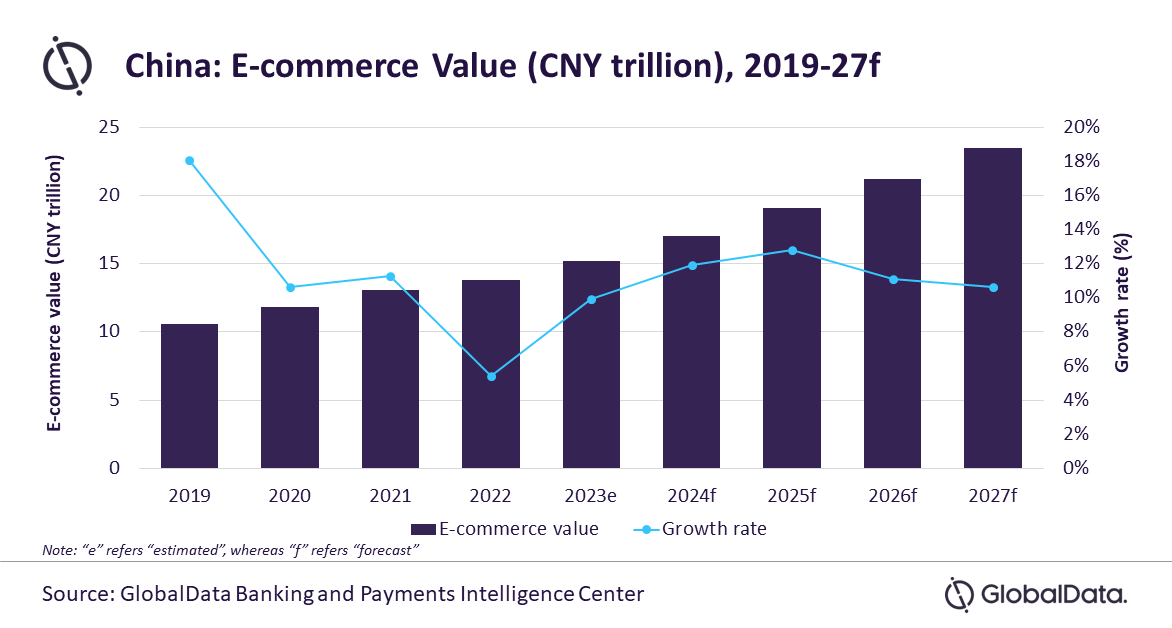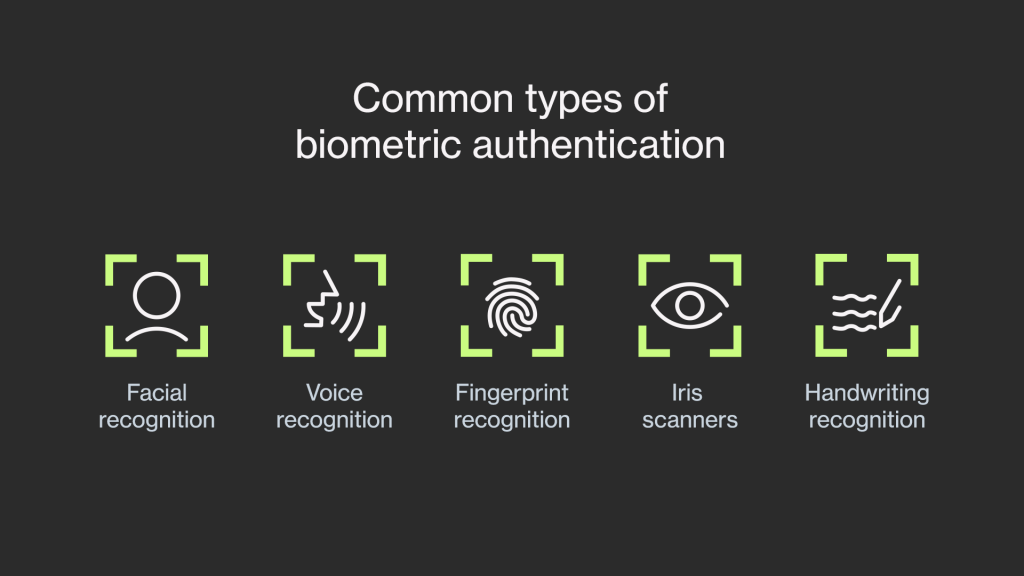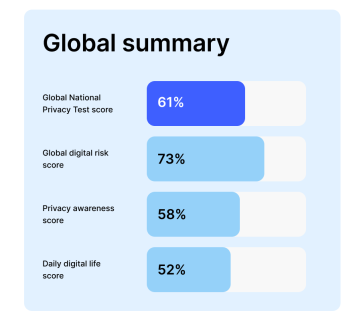When I came across this, I remembered how Kenyans journeyed to the said Loliondo to receive treatment for all kinds of diseases. Reportedly, there was an old man who had a cure for every disease from diabetes to blood pressure – ironic because the said old man died of high blood pressure.
Kenyans, too easily deceived, travelled in large numbers to Loliondo district, a place so far from civilization that there was no restaurants or any signs of shops. Those who were smart enough decided to take their restaurant services to the people lining up for cure, with lines so long in miles and miles.
With the geographical conditions not allowing any farming of any kind in the region, Loliondo is now set to receive a Digital Village that will incorporate the recent and innovative Samsung equipment, including tablets, computers and mobiles to facilitate for education and health.
The Digital Village project, which will see education and health systems established to assist in information sharing and business management will run using solar power energy for all its operations.
UNESCO hopes to enhance adoption of the digital technology as it plans to customize the system to the specific needs of people in the area, while the solar power system will also be used to generate electricity for various existing small businesses that have been put up in the district.
Loliondo has been established as a region with great natural and cultural resources and is surrounded by wildlife from the Maasai Mara as well as the Serengeti, with Maasai communities living in the remote area where there is hardly any reliable access to information.
The area has poor communication infrastructure if not none, access to newspapers or any source of publications is not an option and the grid electricity is nowhere within reach, resulting to the option of solar power energy.
Through this new project, to be implemented by Samsung and UNESCO, the Maasai communities living in Loliondo are expected to be able to access information, knowledge, education and health services among others and will also assist the Tanzania government in its ICT policies for rural development.
It is not clear when the launch should be expected, but the move to provide a Digital Village in the very remote location may help inspire similar projects across the continent if it is deemed sustainable and useful.
In the same light, UNESCO, when signing the agreement with Samsung in November last year, said the digital village would be the fourth of its kind in Africa after SouthAfrica, Ethiopia and Gabon, with plans to launch another one this year and with more to be expected.





